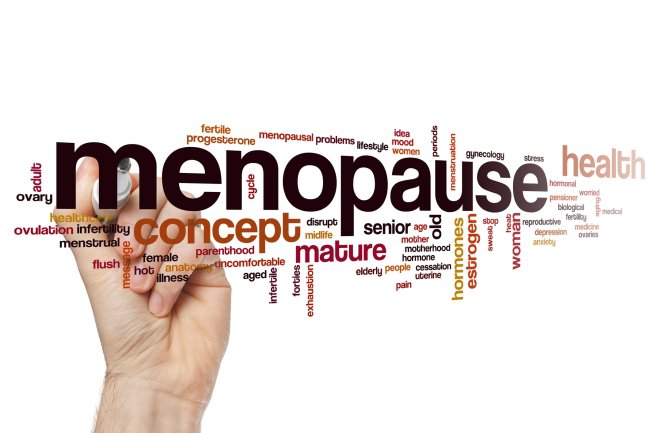Making Sense of Perimenopause

Menopause doesn’t happen overnight. It’s a gradual transition that usually begins during a woman’s 40s. This transition is known as perimenopause, and it can be a confusing time in a woman’s life, especially when it begins earlier than age 40. If you’re experiencing abnormalities, you should schedule a well-woman exam and disclose your concerns to your gynecologist. He or she can help you learn what to expect, and evaluate what you can do to stay comfortable during this transition.
Understanding Perimenopause
During perimenopause, your levels of estrogen fluctuate unevenly. As a result, your menstrual cycles become abnormal. Some menstrual cycles might not involve ovulation, which is the release of an egg. Perimenopause only ends when you’ve officially entered menopause. Your gynecologist will diagnose you as menopausal once you’ve gone for 12 consecutive months without menstruating. The closer you get to menopause, the lower your estrogen levels will drop.
Considering Your Age
Most women begin perimenopause at some point during their 40s, but it can begin earlier. Although the transition is natural, some women may be at a higher risk of experiencing perimenopause at an earlier age. These risk factors include:
- Tobacco use
- Family history of early menopause
- Cancer treatment
- Hysterectomy
Identifying the Signs of Perimenopause
The signs of perimenopause can develop gradually, and it isn’t always easy to tell what’s normal and what’s not. Talk to your gynecologist for guidance. He or she will ask you about the following issues:
- Period regularity
- Sleep quality
- Body temperature regulation
- Mental health
- Urinary health
- Sexual function
Women experiencing perimenopause often report hot flashes, mood swings and irritability, bladder leakage, and frequent urinary infections. And because of the decline in estrogen, perimenopause accelerates the loss of bone mass, placing women at risk of osteoporosis.
Promoting Wellness During Perimenopause
If your symptoms are mild, you might not require any special care at all. However, you may need a bone scan to check for osteoporosis and a blood test to check cholesterol levels. If your symptoms are bothersome, your gynecologist might recommend hormone replacement therapy, vaginal estrogen, or antidepressants.
Women come to Women’s Healthcare Associates because of our warm, welcoming staff members, commitment to patient education, and exceptional standards of patient care. Let our gynecology specialists guide you through every stage of life. Call 713-654-8128, and request a visit if you’re experiencing menopause-related problems and live in Houston.
Please Read:
- - Effective 9/15/2022, Masks are highly encouraged, but not mandatory.
- - If you are experiencing any flu/cold/COVID like symptoms, you will be required to wear a mask.
- - At this time, we are only allowing ONE ADULT to attend the appointment with the patient. We are not allowing anyone under the age of 18
*Please note, if you bring more than one visitor or if you bring a visitor under the age of 18, they may be asked to wait outside of the waiting room or you may be asked to reschedule your appointment*

